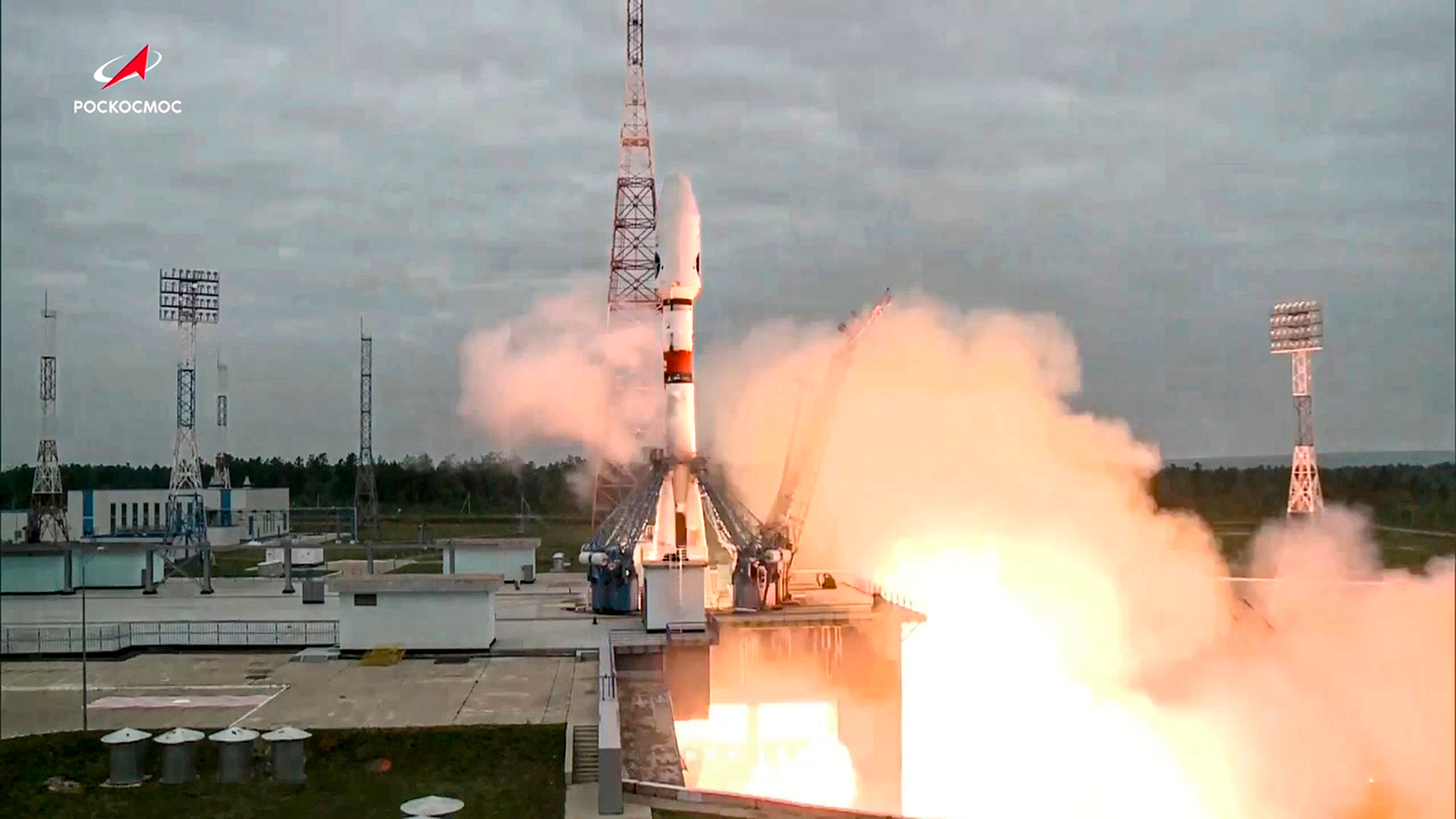The Russian space agency says its Luna-25 spacecraft has crashed into the moon.
The Russian space agency says its Luna-25 spacecraft has crashed into the moon after it had spun into uncontrolled orbit

Russia's robot lander the Luna-25 spacecraft crashed into the moon after it had spun into uncontrolled orbit, the country’s space agency Roscosmos reported on Sunday.
“The apparatus moved into an unpredictable orbit and ceased to exist as a result of a collision with the surface of the moon,” read a statement from the agency.
Roscosmos said it lost contact with the spacecraft on Saturday after it ran into trouble while preparing for its pre-landing orbit after reporting an “abnormal situation ” that its specialists were analyzing. “During the operation, an abnormal situation occurred on board the automatic station, which did not allow the maneuver to be performed with the specified parameters,” Roscosmos said in a Telegram post.
The spacecraft was scheduled to land on the south pole of the moon on Monday, racing to land on Earth’s satellite ahead of an Indian spacecraft.
The lunar south pole is of particular interest to scientists, who believe the permanently shadowed polar craters may contain water. The frozen water in the rocks could be transformed by future explorers into air and rocket fuel.
The launch earlier this month was Russia’s first since 1976 when it was part of the Soviet Union.
Bookmark popover
Removed from bookmarks